What Is The Bitcoin Float?

When Satoshi Nakamoto, the anonymous creator or creators behind bitcoin, designed the world’s first digital bearer asset, they wanted no ambiguity surrounding the supply or the insurance. The bitcoin network’s maximum supply was meant to mimic the finite quantity of physical commodities, which would see demand hit an ever-decreasing supply. The maximum number of bitcoin […]
How To Protect Yourself Against Chain Analysis
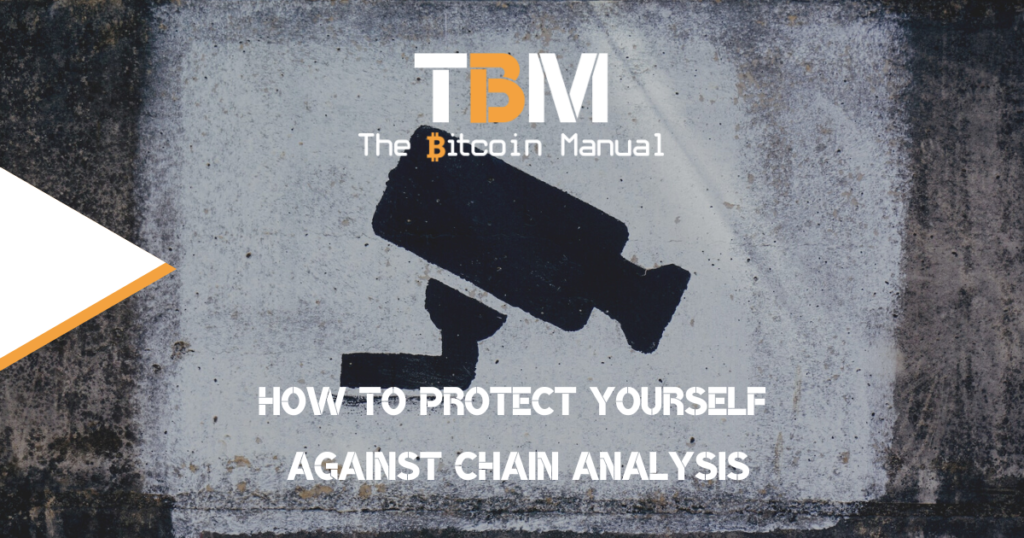
On-chain analysis refers to the surveillance of the data recorded on the bitcoin blockchain. While there is nothing special about reviewing and verifying on-chain data, anyone with a full node can do that in a pseudo-anonymous fashion. On-chain analysis metrics were first used to give traders and investors a bird’s eye view of the bitcoin […]
What Is Bitcoin On-Chain Analysis?

The bitcoin time chain is an open distributed ledger; anyone can access the data stored on the chain, preferably doing it directly by running a bitcoin full node or by using a third-party service like a block explorer service. While most of us tracking the bitcoin blockchain would only be interested in a few aspects, […]
What Is A Sidecar Channel?

The Lightning Network is a peer-to-peer payment system that requires you to establish a connection with one other network user, in this case, a Lightning node. You would create a channel between yourself and another Lightning user, and this channel, backed by an on-chain UTXO, allows you to move funds between the two of you […]
Bitcoin App: Apollo

Review portals are sites that collect opinions from customers and publish them for others to leverage when gauging a brand or business’s reputation. The principle is based on curating the wisdom of the crowd and ensuring reviews of products, services or companies can provide value even with paid reviews, biased reviews and brand management teams […]
What Is Bitcoin Block Time?
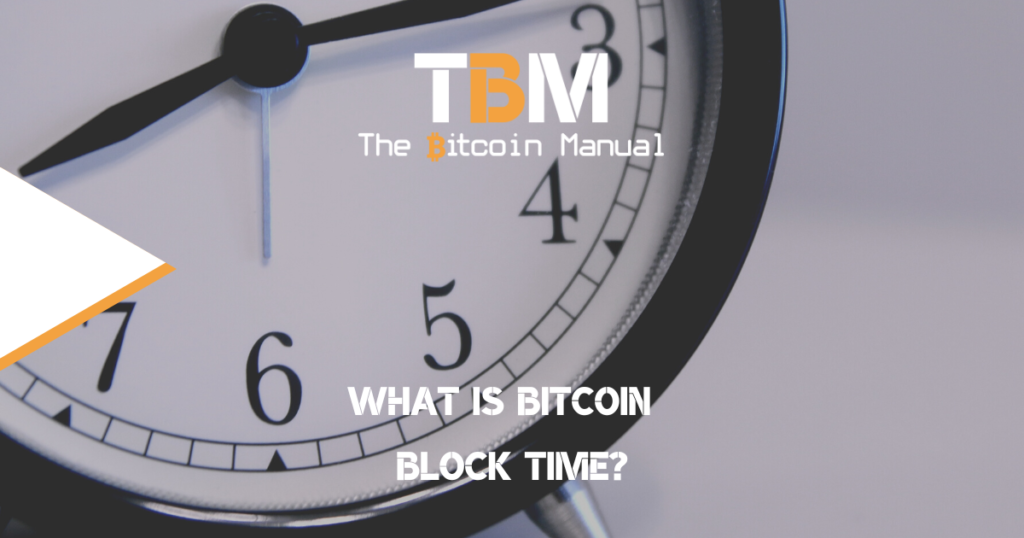
Creating a decentralised network that anyone can plug into to either verify transactions, commit transactions to the database, or secure transactions to the ledger requires a blockchain. The blockchain allows you to verify exactly what is going on in the network, but since the chain is not stored but distributed, all copies of the ledger […]
Why Is Bitcoin Mining So Loud?

Bitcoin mining gets a lot of flack from the general public; if it’s not using too much energy, it’s driving up the price of computer chips. If it’s not generating useless computation that cannot be used for anything else, it’s making too much noise. Bitcoin miners provide computing power to the network in a globally […]
Why Is Bitcoin Mining So Energy Intensive?
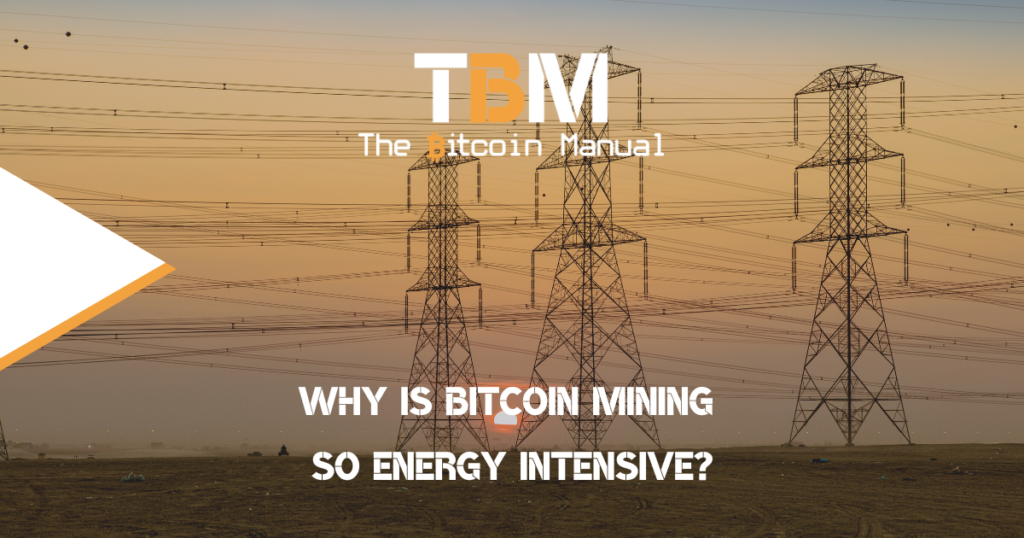
When Satoshi Nakamoto mined the first bitcoin back in 2009, the plan was to create a decentralised payments platform that would revolutionise how we create money, how we manage balances and how we transfer value between participants in the network. The idea behind proof of work was to create a competitive marketplace where anyone could […]
The 12-Step Shitcoin Recovery Program
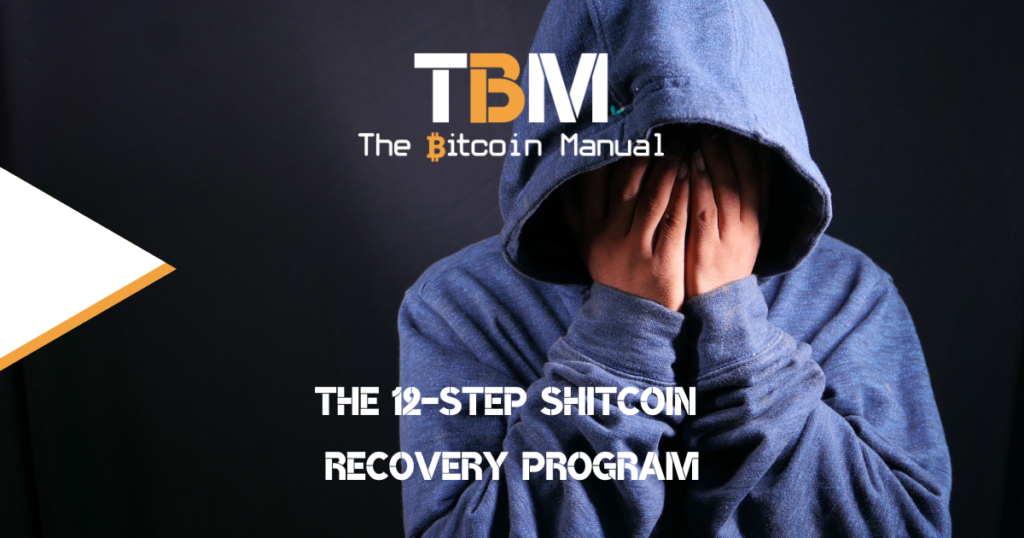
So you got into shitcoining because you heard you could make a lot of money in a short period of time, but it was not a get-rich-quick scheme. Let me guess the person that told you this also told you to invest in some of those coins told you it wasn’t financial advice. You decided […]
Why Does Money Creation Require A Cost?
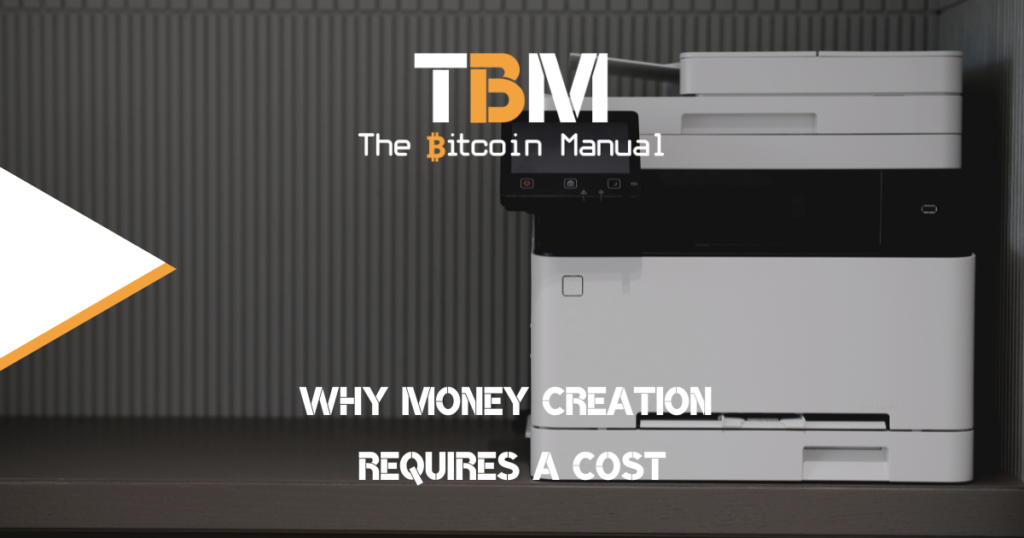
To verify transactions, bitcoin mining computers are required to solve ever more complex math problems and the first one to provide the correct hash gets to secure a new block to the network. This is the proof of work consensus mechanism that underpins the network. When Satoshi mined the first few blocks, miners were relatively […]
